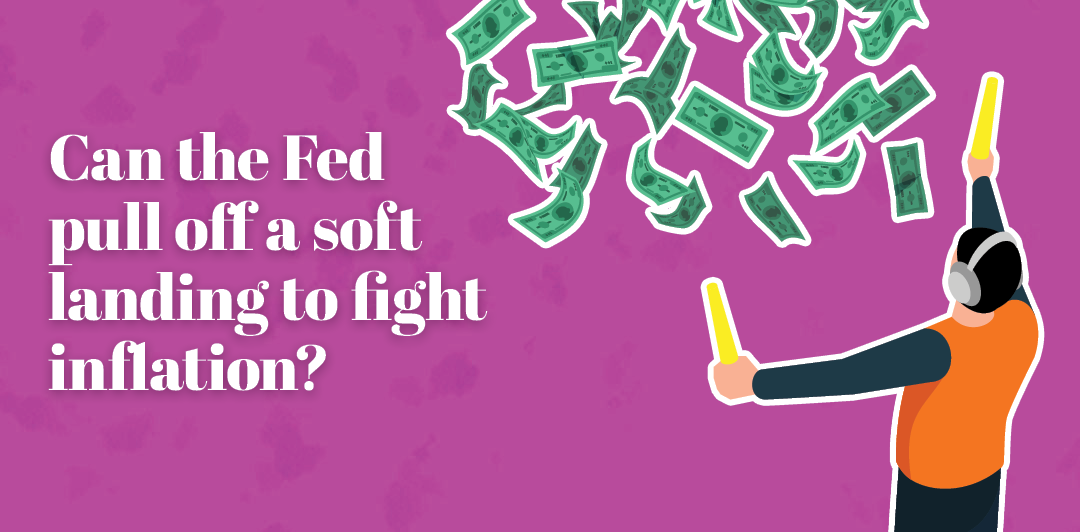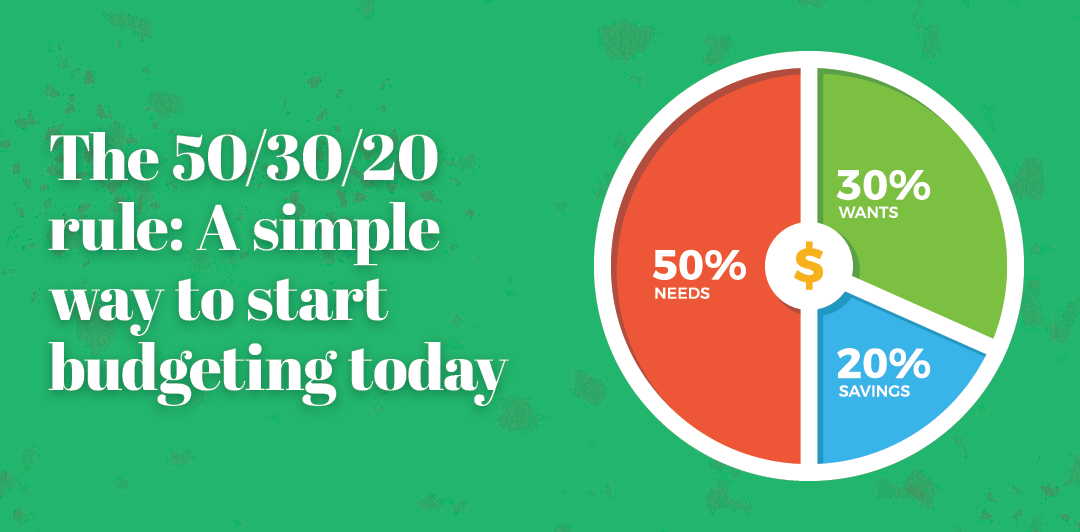


What is Inflation?
If you watch the news, you certainly have heard the word “inflation.” But what is it, and how does it affect the average consumer?
The price of goods and services — what you buy — isn’t constant. Prices change over time. And when prices go up, that’s inflation. During moments of inflation, it takes more money to buy products or services. This means that purchasing power goes down.
 If inflation is mild and steady, it encourages consumers to buy now instead of later when they’ll have to pay more. Demand rises, companies increase production, and hire more workers. The result is a boost in economic growth.
If inflation is mild and steady, it encourages consumers to buy now instead of later when they’ll have to pay more. Demand rises, companies increase production, and hire more workers. The result is a boost in economic growth.
Another good side effect of inflation is that it decreases the chance of deflation, inflation’s much more disastrous cousin. Deflation is when prices for goods and services go down. Lower prices sound pretty good, right? But over time, it can lower demand for goods, cause companies to lay off workers, decrease the amount of money circulating in the economy, and create a cycle of economic decline.
One tough side effect of inflation is obvious: What you buy costs more. If wages don’t match the rise of prices, consumers are forced to spend less, and some might not be able to afford necessities like housing, childcare, or groceries. With less money to go around, inflation could spike further, causing the economy to slow down and unemployment to go up.
Inflation is just one part of normal economic conditions. But, like most things, too much can be damaging. Even in moments of healthy inflation, the loss of purchasing power feels significant when your budget is tight. Try tracking your spending and adjusting your budget to match actual prices now instead of what prices were.
Joel Huffer is corporate communications officer for F&M Trust.
Recent Articles
Join our e-newsletter
Sign up for our e-newsletter to get new content each month.






















